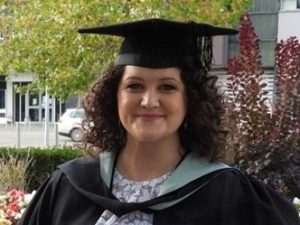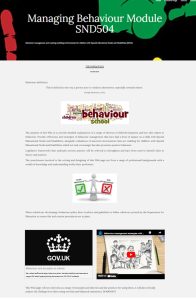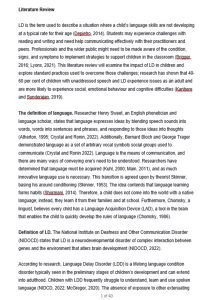Naomie’s learning journey with University Campus Doncaster
When starting my student journey to say I was terrified was an understatement. I had been out of education for several years and always had low confidence in my written ability. I was working in a role where I would support families of children with Special Educational Needs and Disabilities (SEND) and was unable to progress further due to the qualifications I held. I wanted options for progressing in my career and was very anxious about starting a foundation degree.
The teaching staff at University Campus Doncaster have been consistently amazing and the feedback I have received regarding my work has supported me to slowly improve my writing to a standard that I did not think I could achieve. I started to enjoy my assignments and researching as the topics were of interest to me and I began to thrive in all assignments. Each assignment I submitted pushed me a little more than the last, which resulted in my confidence increasing throughout the years I have studied. Once I finished my Foundation Degree, I decided to further my studies by completing the top up year which resulted in a BA Hons degree, this was a challenge, but I was well supported and guided through the process.
Now I have completed my degree, I have gained the tools and confidence to progress with my career and if further studies were required for any future roles, I have the confidence to believe that I now have the skills to do this.
All lecturers have been very supportive and patient with me and have been very accessible to help when needed. I would like to thank all the teaching staff who have taught me over the last 3 years, I will forever look back at my time being a student positively.



